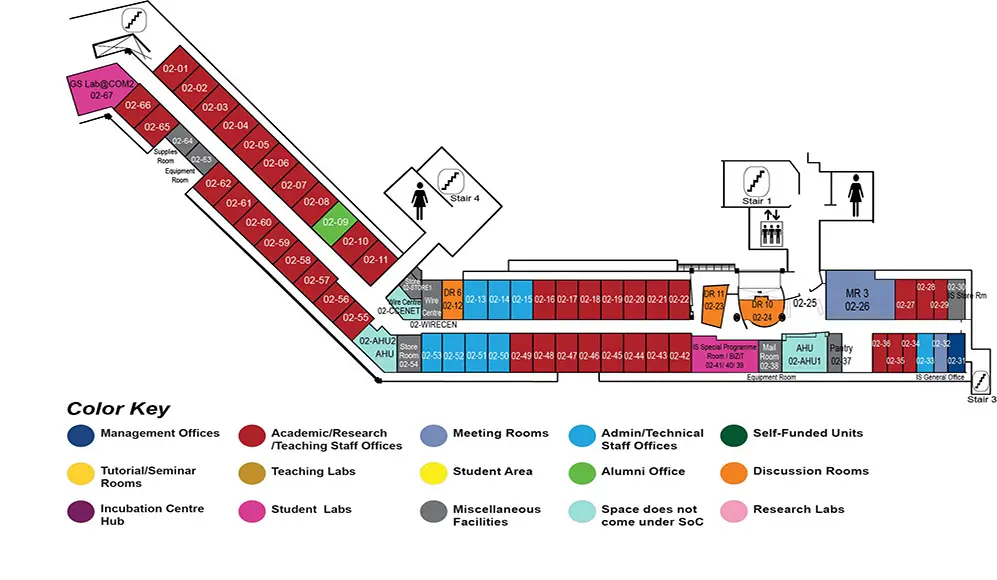Examining User Behavior on Fitness Applications and Its Impacts on Physical Activity
COM2 Level 2
MR3, COM2-02-26

Abstract:
In recent years, technologies such as smartphones and wearable devices are being integrated with fitness applications to assist users in tracking and managing their physical activities. Additionally, these mobile fitness applications, e.g., Runkeeper, Codoon, typically provide social network services (SNS) to allow interactions among users. With the combination of tracking technologies and SNS, users can not only observe their own physical activities, but also share their activities with others and get informed of others' activities. However, there is little understanding of why users share their physical activity information or browse others' physical activity information in these fitness Apps that is a prerequisite for social influence through SNS to work. Overall, knowledge gaps exist in three aspects: (1) How do the various features and user behavior of fitness applications with SNS influence users' physical activity? (2) What influences users to share their physical activity data through fitness Apps with SNS? (3) What influences users to browse others' physical activity information on fitness Apps with SNS?
To address these knowledge gaps, this thesis conducted three studies. Study 1 developed a model based on the social cognitive theory of self-regulation to explain the effects of goal setting, self-tracking, and SNS on physical activity. It also investigated the mediating role of self-efficacy and social support, and the moderating effect of perceived competitive climate in the model. Study 2 developed a model based on the perspective of accountability and related literature to examine users' motivations to share physical activity data tracked by fitness Apps. It also explored the moderating effects of social comparison orientation on sharing behavior. Study 3 developed a model based on the theoretical foundations of information browsing behavior and affordance perceptions to explain users' behavior of browsing others' physical activity data, and identified specific motives of browsing physical activity data. The three models were tested with both survey and App data collected from 2 popular fitness Apps with SNS, i.e., Runkeeper and Codoon. The contributions and implications are highlighted for each study.

